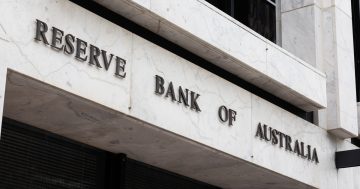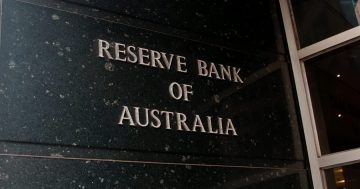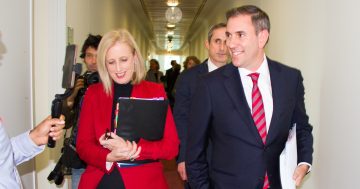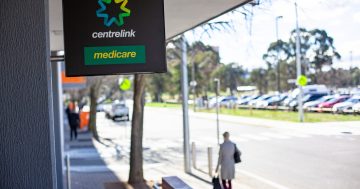 The Board of the Reserve Bank of Australia (RBA) has lowered the nation’s official cash interest rate by a quarter of one per cent (25 basis points) from 1.5 per cent to 1.25.
The Board of the Reserve Bank of Australia (RBA) has lowered the nation’s official cash interest rate by a quarter of one per cent (25 basis points) from 1.5 per cent to 1.25.
The interest rate is the charge the RBA places on overnight loans to commercial banks and directly influences the charges they pass on to their loan customers.
Announcing the Board’s decision, the Governor of the RBA, Philip Lowe (pictured) said the Board had taken the decision to support employment growth and provide greater confidence that inflation would be consistent with the medium-term target.
“The outlook for the global economy remains reasonable, although the downside risks stemming from the trade disputes have increased,” Dr Lowe said.
“Growth in international trade remains weak and the increased uncertainty is affecting investment intentions in a number of countries.”
He said the central scenario remained for the Australian economy to grow by around 2.75 per cent in 2019 and 2020.
“This outlook is supported by increased investment in infrastructure and a pick-up in activity in the resources sector, partly in response to an increase in the prices of Australia’s exports,” Dr Lowe said.
“The main domestic uncertainty continues to be the outlook for household consumption, which is being affected by a protracted period of low income growth and declining housing prices.”
He said however that some pick-up in growth in household disposable income was expected and this should support consumption.
He said the decision to lower the cash rate would help make further inroads into the spare capacity in the economy.
“It will assist with faster progress in reducing unemployment and achieve more assured progress towards the inflation target,” Dr Lowe said.
“The Board will continue to monitor developments in the labour market closely and adjust monetary policy to support sustainable growth in the economy and the achievement of the inflation target over time,” he said.








